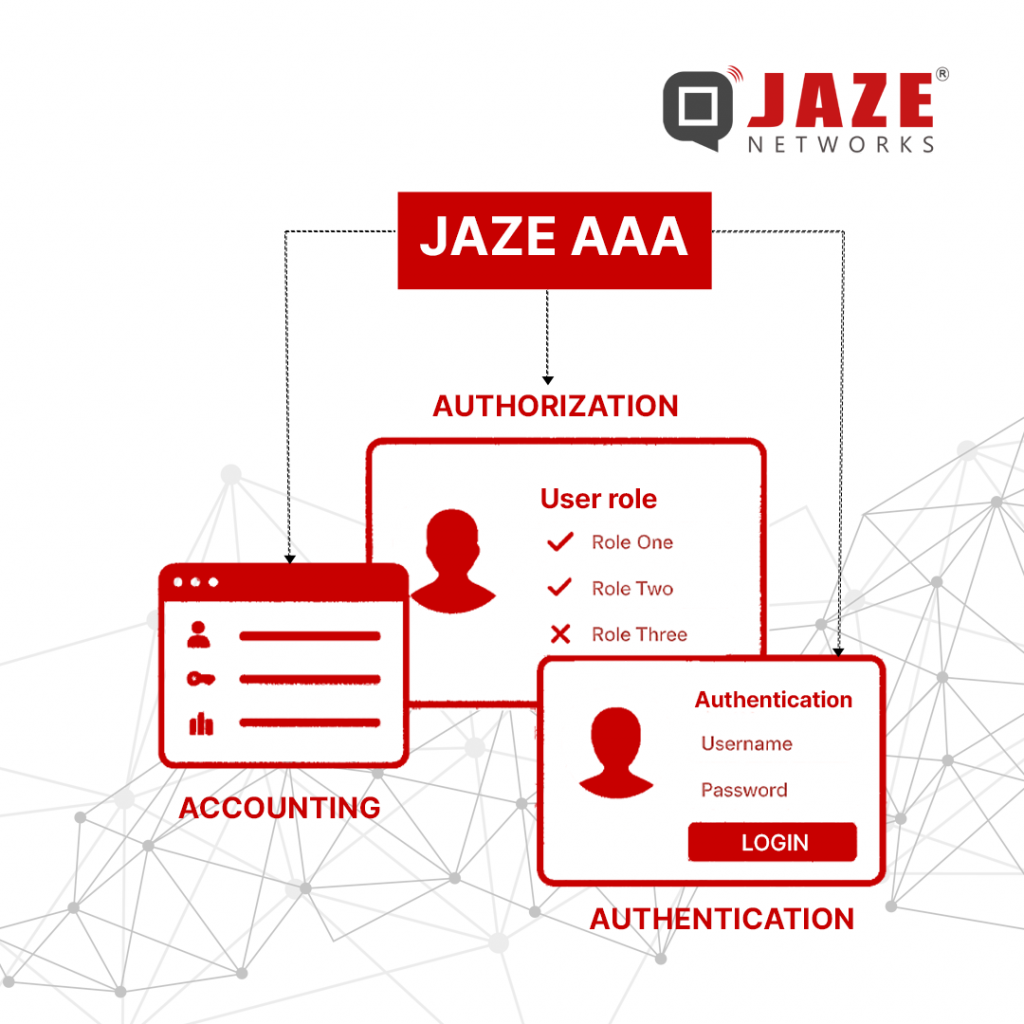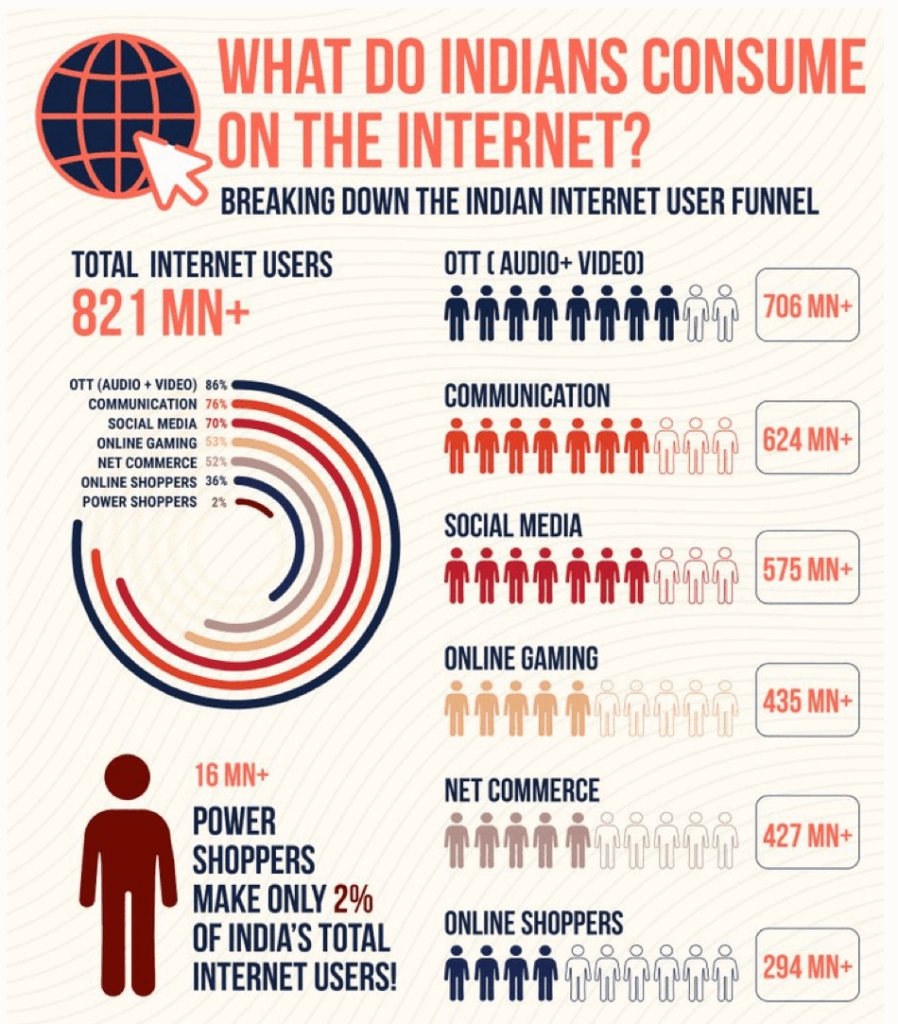




Internet Service Providers (ISPs) and enterprises face mounting pressure to secure their networks while ensuring seamless user experiences in the fast-paced digital era. The Authentication, Authorization, and Accounting (AAA) framework provides a structured approach to manage network access, prevent misuse, and maintain compliance.
AAA stands for:
Together, these three processes create a reliable system that ensures only the right people get the right level of access—while all activities are logged for accountability.
Unauthorized access can lead to service abuse, downtime, and regulatory risks. AAA protocols ensure only verified users connect to the network, reducing threats from both external attackers and internal misuse.
With authorization policies, ISPs can assign access levels based on roles—customers, staff, or partners—ensuring sensitive systems remain protected.
Accounting helps providers monitor how network resources are used. For ISPs, this is especially valuable for bandwidth management, billing accuracy, and detecting unusual traffic spikes.
Governments and regulators demand traceability of network activity. Accounting logs serve as digital evidence to meet compliance requirements and reassure customers about data security.

Different protocols implement AAA in unique ways. Here are the most widely adopted:
For ISPs and large businesses, a well-structured AAA setup is critical. The implementation usually involves:
To get the most out of AAA frameworks, operators should:
As ISPs expand services into fiber, 5G, and enterprise networking, the demand for scalable, automated AAA systems will only grow. Cloud-native AAA platforms are already emerging, offering flexibility and real-time policy enforcement across distributed infrastructures.
For ISPs and enterprises alike, AAA is no longer optional—it’s the foundation of secure, reliable, and accountable network access. By choosing the right protocols, enforcing strong access policies, and embracing best practices, operators can strengthen security, streamline operations, and build customer trust.
Jaze ISP Manager delivers carrier-grade AAA with centralized authentication, authorization, and accounting to secure broadband, enterprise, and public access networks. It integrates seamlessly with RADIUS and TACACS+ for subscriber management and device administration across distributed infrastructures.
ISPs can enforce role-based access policies, streamline user onboarding, and ensure compliance with regulatory requirements. Built-in redundancy guarantees high availability, while real-time accounting provides transparency for usage, billing, and auditing. By combining automation with AAA architecture, Jaze enables operators to deliver uninterrupted connectivity, faster troubleshooting, and reliable service at scale.
Click here to know more
India’s digital transformation has been one of the most significant global stories of the past decade. With over 820 million internet users, the country has emerged as a digital-native economy, despite having a GDP per capita of just over $2,700. While many countries transitioned gradually from desktops to smartphones, India skipped a few steps—embracing mobile-first access from the start.
This shift isn’t just about personal connectivity—it’s reshaping how industries operate, especially the business events sector. To stay relevant and future-ready, industry players must understand the implications of India’s digital adoption and build strategies around it.
India’s digital growth is powered by affordable smartphones and low-cost data plans, making internet access more democratic and widespread.
This has created an environment where digital content, platforms, and tools are more relevant than traditional, hardware-intensive solutions.

The nature of India’s digital access changes how audiences engage with content and events. Traditional formats no longer suffice. Instead, digital-first strategies must become central to event planning, marketing, and execution.
Here are three key ways the business events industry can evolve:
Event organisers must think beyond the physical venue. With millions of people accessing content via mobile phones, the potential reach is enormous—if content is tailored and distributed effectively.
Modern venues must support more than Wi-Fi. They need to enable seamless content creation, hybrid streaming, and sustainable practices powered by digital infrastructure.
Vendors—whether tech providers, production partners, or logistics firms—play a crucial role in helping organisers and venues bridge the digital gap.
To build an inclusive, sustainable events industry in India, stakeholders must experiment with digital technologies at every level—from promotion and operations to post-event analysis.
India’s digital-first population presents an incredible opportunity—but only for those prepared to adapt. Organisers, venues, and vendors must rethink their roles and responsibilities in a mobile-led world. By embracing digital tools, supporting inclusive infrastructure, and prioritizing sustainability, the business events industry can truly evolve to serve India’s next billion internet users.
As digital connectivity becomes central to every industry, Internet Service Providers must modernize how they operate.
Jaze ISP Manager helps ISPs manage their broadband business with ease—offering automated customer support, real-time network monitoring, intelligent fault detection, and direct revenue sharing between franchises. It’s a complete solution designed to improve reliability, simplify operations, and support scale, especially in mobile-first markets like India.
Click here to know more.